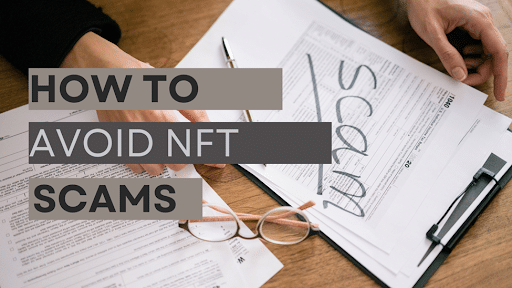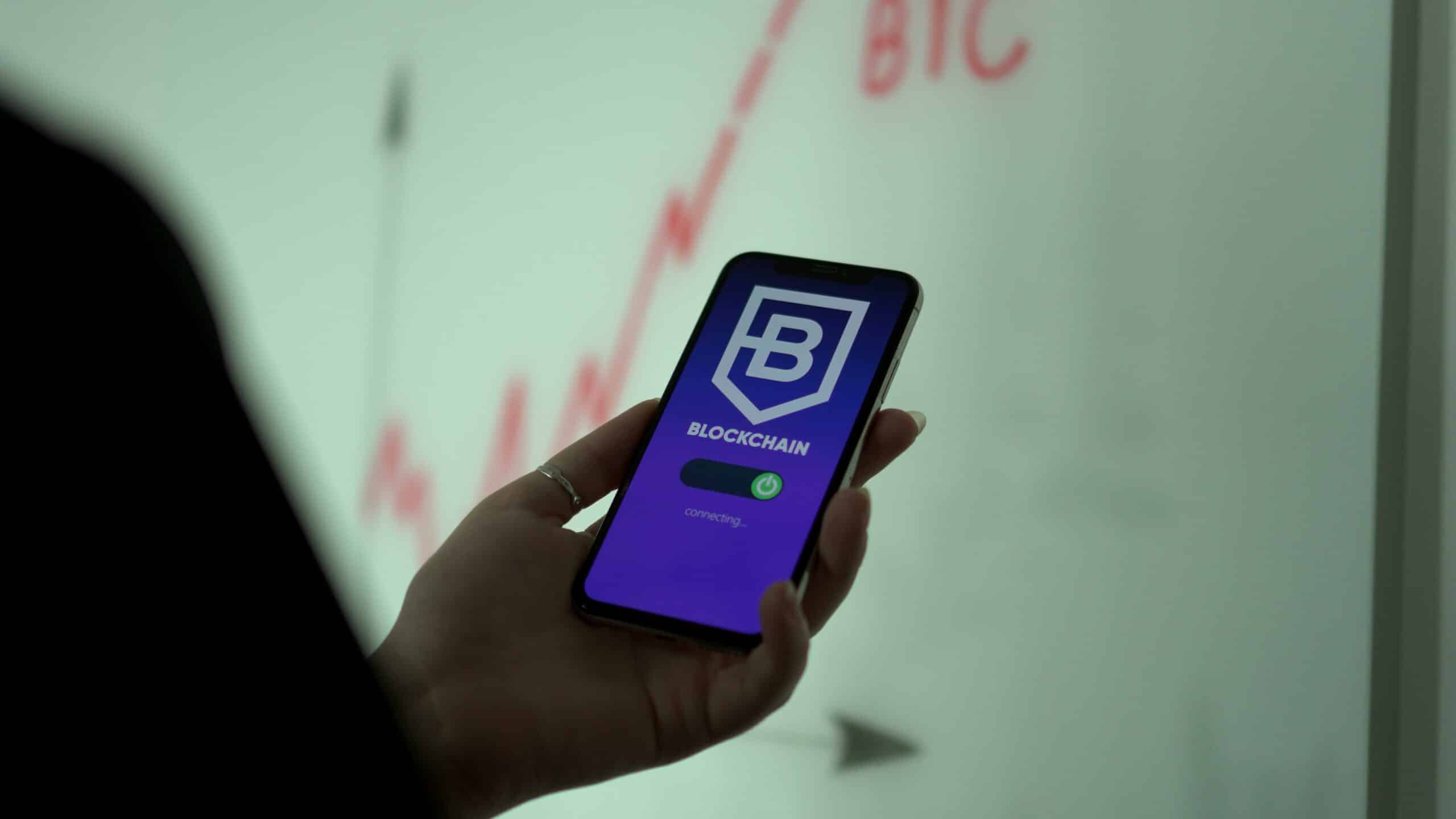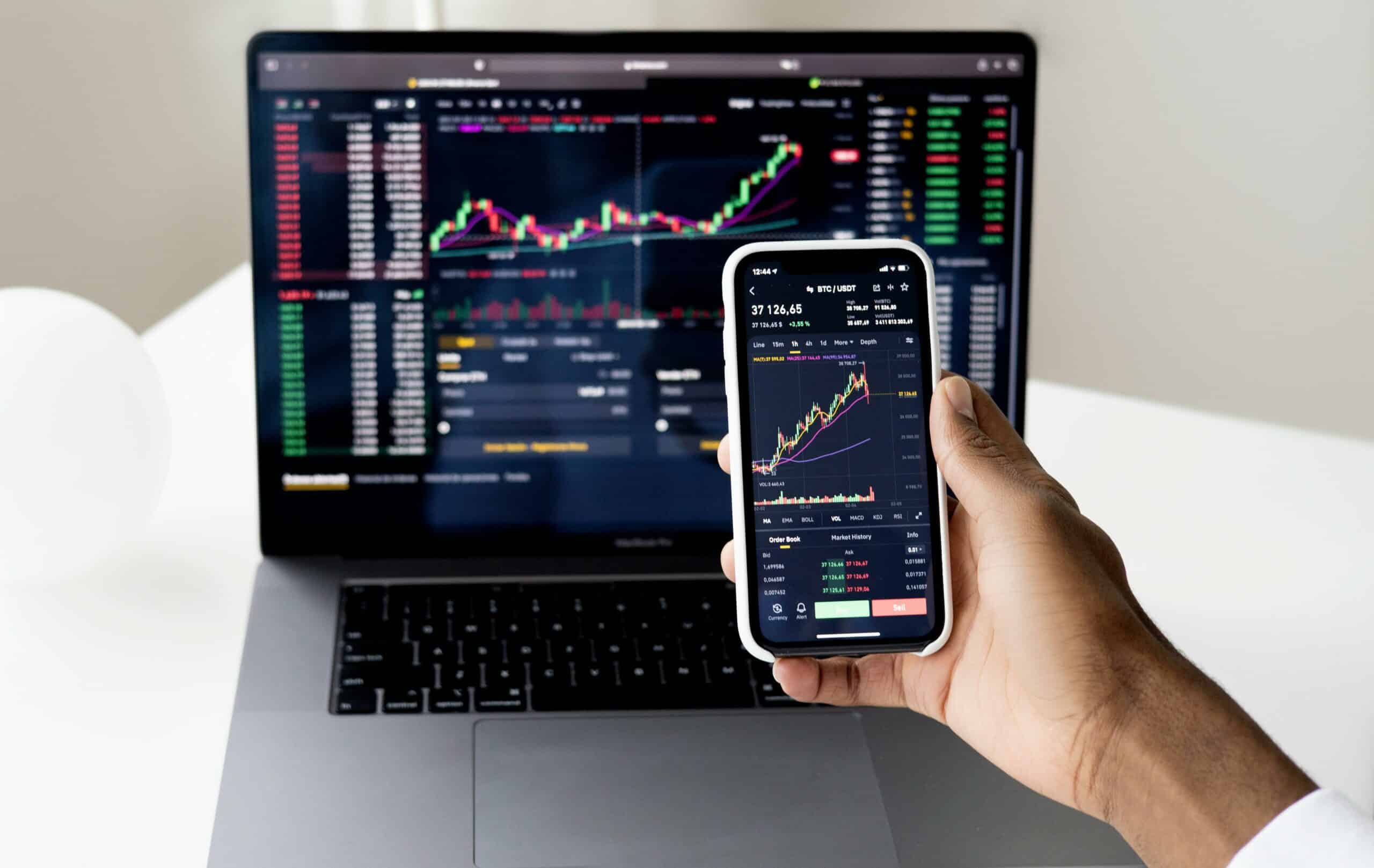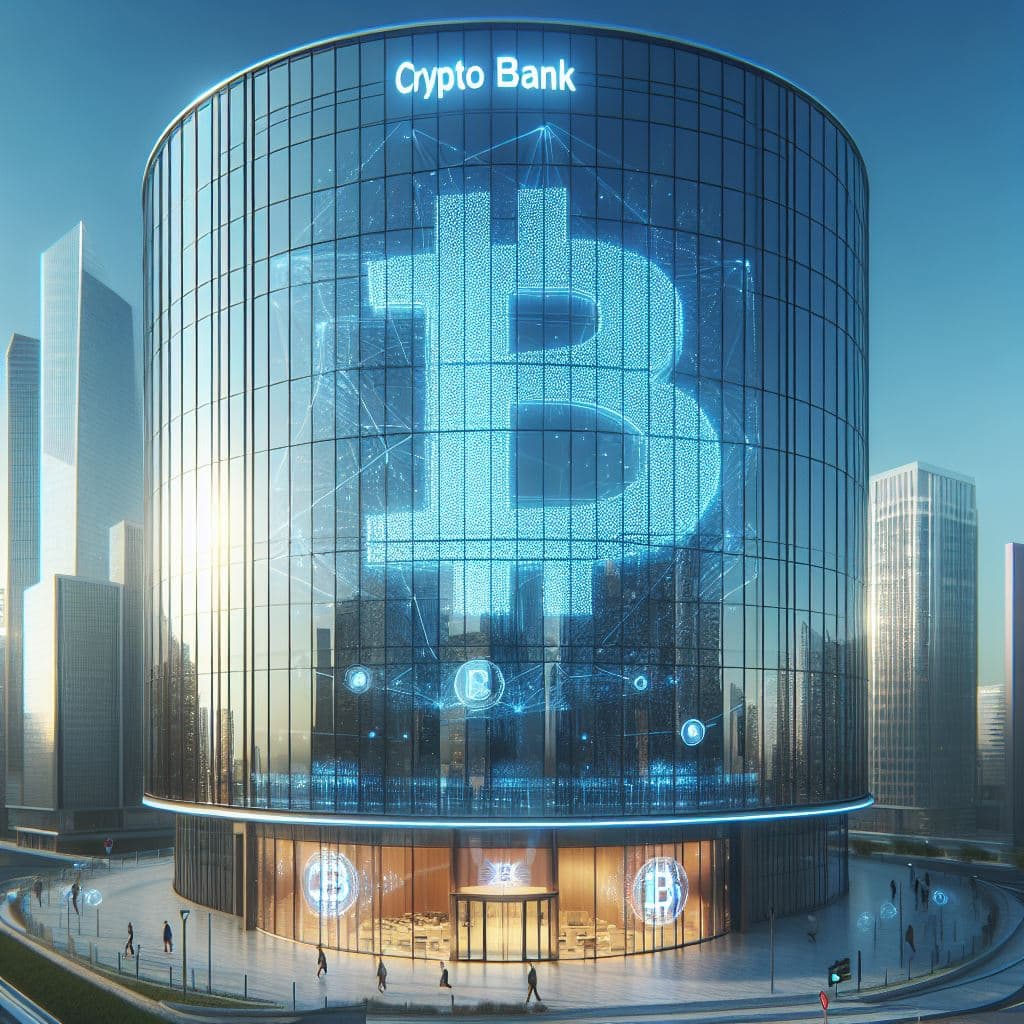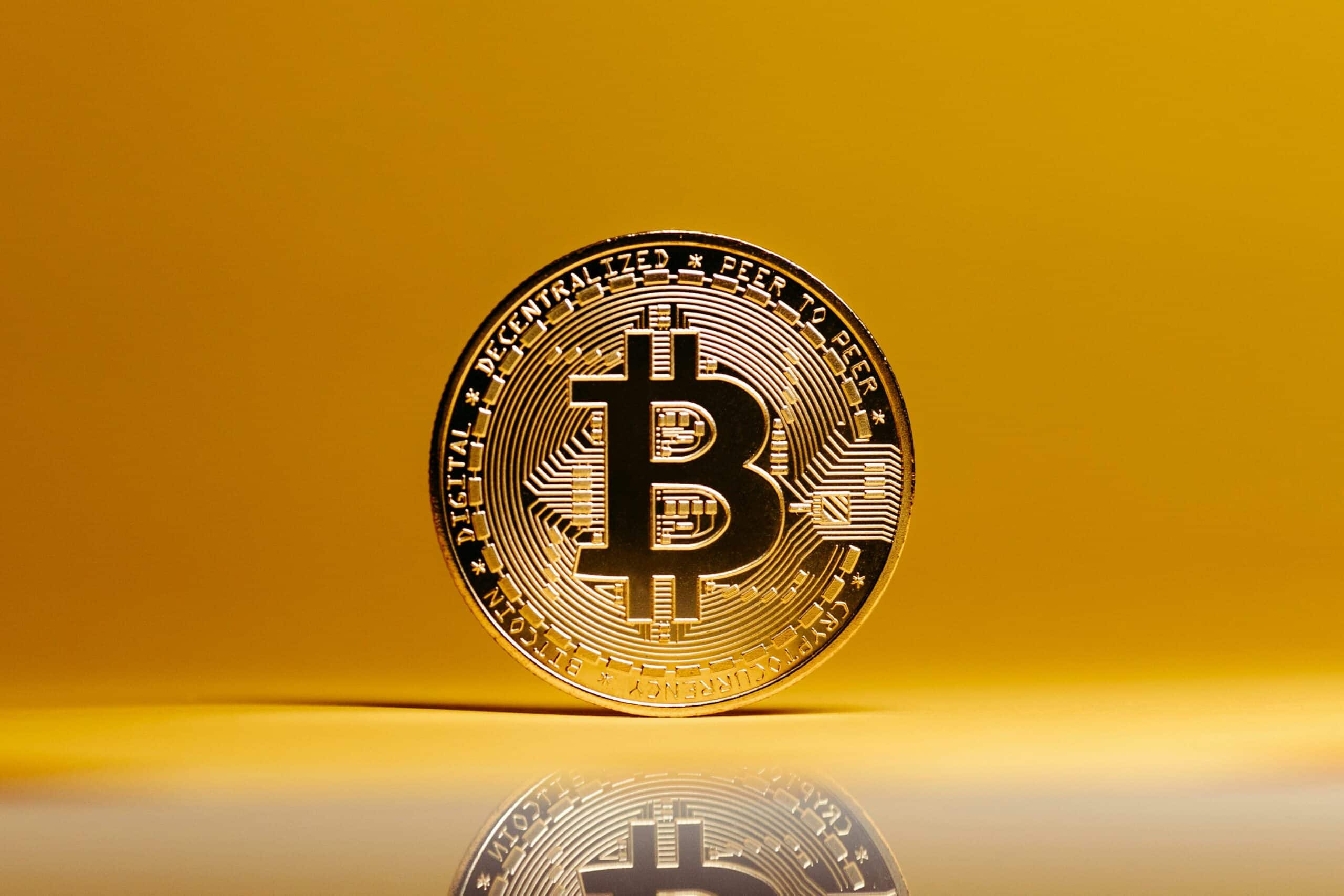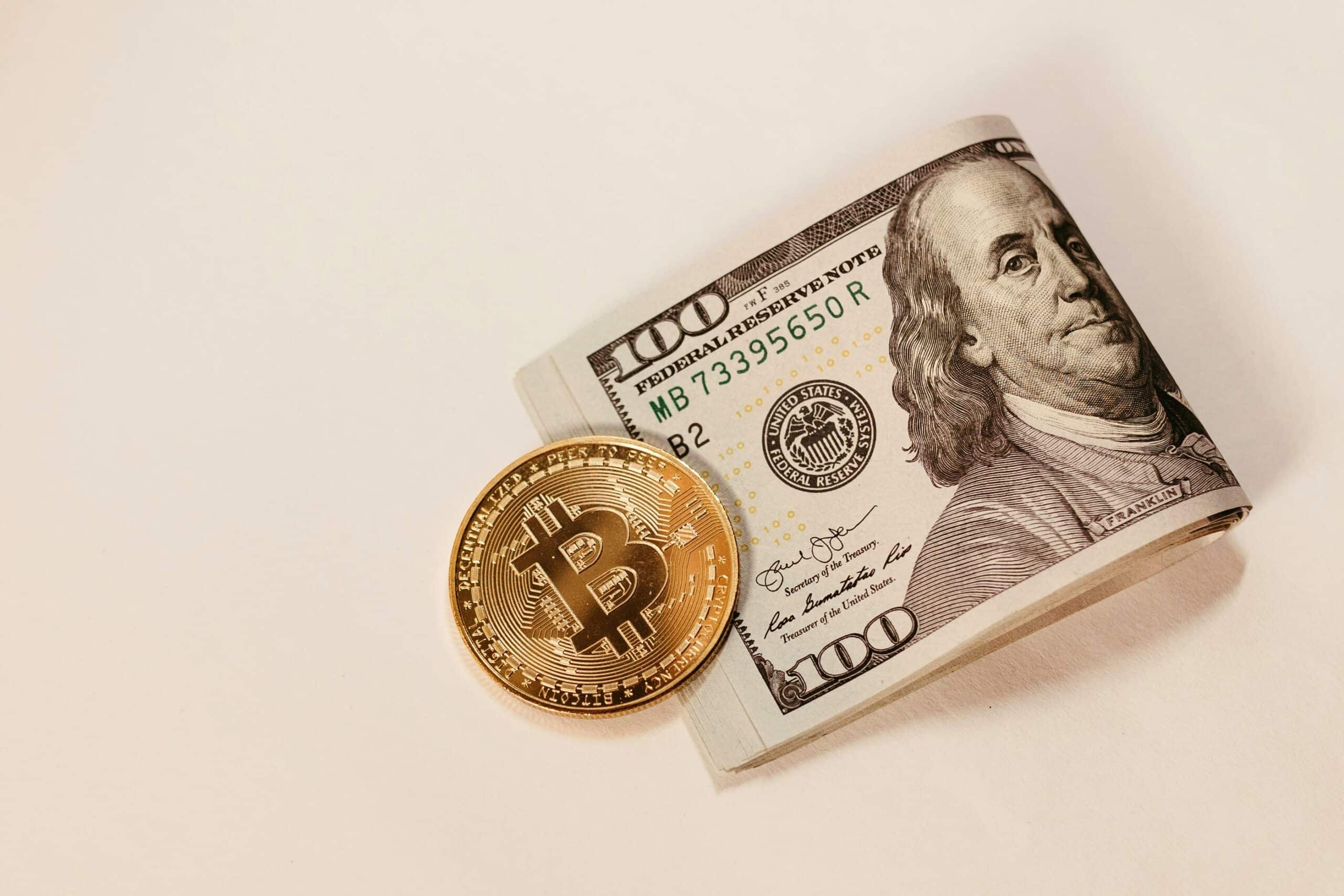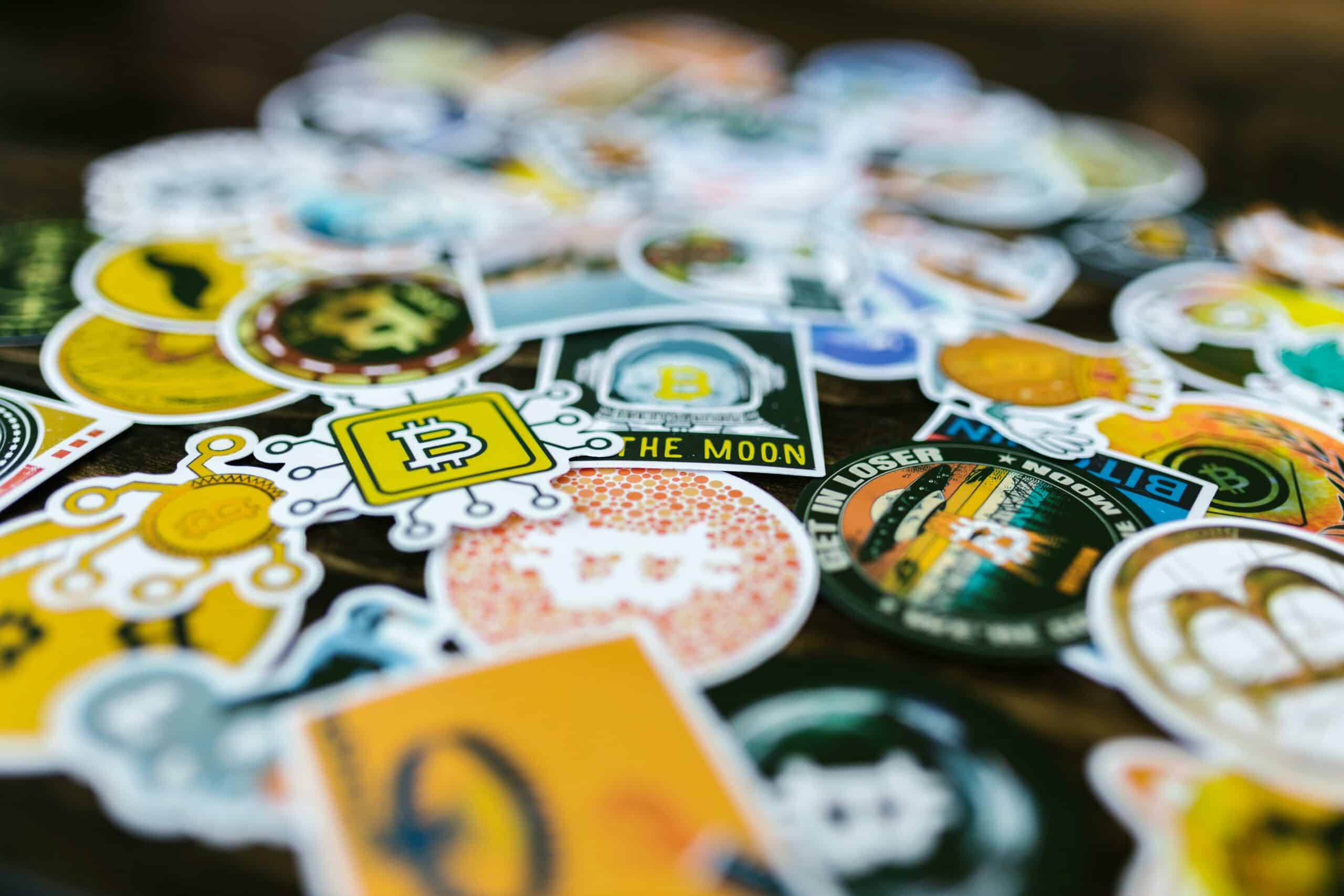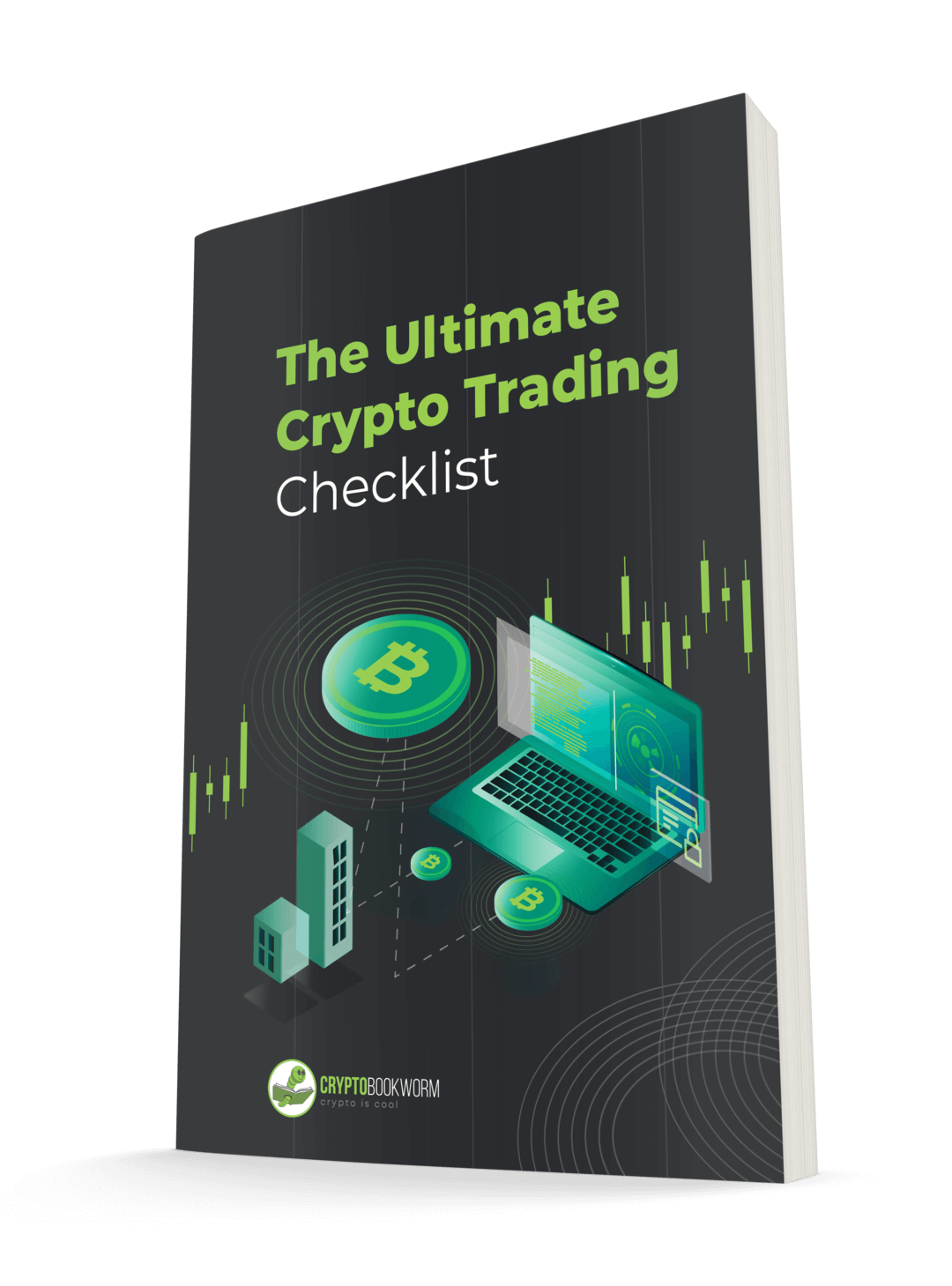As the popularity of Non-Fungible Tokens (NFTs) continues to rise, scams related to this new digital asset class have become more prevalent. With NFTs having real-world value and being bought and sold on various platforms, it is important that users take the necessary steps to protect their investments from falling victim to fraudulent activities.
This article will provide an overview of some basic measures everyone should take when dealing with NFTs in order to avoid becoming a victim of fraud or scam activity. It will discuss how users can identify potential scams, what precautions they can take before making any transactions related to these tokens, as well as providing tips for staying safe while trading them online.
By understanding the basics of avoiding NFT scams, users can make sure their investments are secure and protected against malicious actors looking to capitalize on unsuspecting victims.
Table of Contents
What Are The Most Common NFT Scams?
Before going any further, it is important to understand what the most common NFT scams are. These scams can take many forms. However, some of the more common ones include the following:
Stolen Or Copied NFTs
A Stolen or Copied NFTs scam is a particularly pernicious form of digital fraud perpetuated by malicious actors who attempt to take advantage of unsuspecting investors. Here, the perpetrator creates fraudulent copies of Non-Fungible Tokens (NFTs) – unique, secure digital assets like art, music, and collectibles – and attempts to pass off those replicated copies as originals.
With the clever use of cryptography, the identity of each NFT can be easily checked – so it’s important to verify the authenticity of any token before making an investment. Unfortunately, scammers are still able to dupe unsuspecting buyers into buying their illicitly obtained tokens, often at exorbitant prices, as blockchain technology becomes increasingly intertwined with our lives. To protect against these scams, always double-check the originator before engaging in any transactions related to NFTs.
Rug Pull Scam
A rug pull scam involves a creator who quickly creates and launches an NFT project, collecting Ethereum and cashing out before the rug is pulled from underneath unsuspecting investors. This can be done within minutes, and the creator of the project walks away with the money while investors are left holding worthless tokens.
It’s important to educate yourself before investing in any NFT project to make sure it’s not a rug-pull scam. Make sure that you understand the project and its legitimate uses, and also do your own due diligence by researching and investigating other users’ reviews of the project prior to investing. Taking all these precautions will help you avoid becoming an unfortunate victim of a rug pull scam – protecting your money and keeping your investments safe.
Phishing Scams
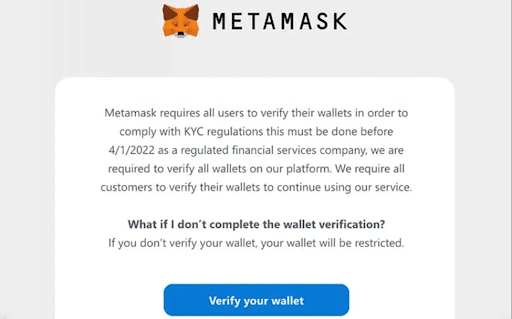
A phishing scam NFT scam works by impersonating a legitimate company, usually one with a recognizable name, and sending out emails containing requests for sensitive information or money. These emails are often very convincing and can come from any number of sources, such as social media platforms, messaging services, email addresses, or official-looking websites.
Once the victim responds or falls for the scam, the malicious actors will attempt to gain access to their bank accounts or other financial records by using stolen credentials and/or malware. It’s important to always be vigilant when receiving requests from unknown sources online and never provide sensitive information over the internet without verifying who is requesting it.
Giveaway Scams
Giveaway scams are a form of NFT fraud in which the scammers promise free tokens as part of a promotional giveaway or promotion. The victim is then asked to complete various tasks – such as following accounts, sharing posts, and transferring cryptocurrency – before receiving the promised tokens.
However, once these tasks are completed, the scammer simply pockets the cryptocurrency and disappears, leaving the victim with nothing. To avoid falling prey to these scams, always be wary of any offers that seem too good to be true, and never provide anyone with sensitive information or funds without verifying who you are dealing with first.
Customer Support NFT Scams
Customer support NFT scams involve malicious actors posing as customer service representatives in order to gain access to the victim’s account. They may do this by asking for personal information or offering a “special” deal on NFTs, which ultimately leads to the theft of funds and/or tokens.
Fake Marketplace Scams
Fake marketplace scams target users looking to buy, sell, or trade NFTs. Scammers create convincing websites that appear to be legitimate, often mimicking popular trading platforms. Once someone has deposited funds into the fake marketplace, they are never seen again, and their money is gone forever.
How To Avoid NFT Scams
Now that you’ve been introduced to the most common NFT scams let’s take a look at some tips and strategies on how you can avoid being a victim of fraud or scam activity.
Use A Cold Storage Wallet
One of the best ways to avoid scams is by using a cold wallet, which is a secure, offline form of storage for digital assets that eliminates many security risks associated with online wallets.
To use a cold wallet, users will first need to purchase an actual physical device for the wallet, such as a USB flash drive or another external storage device. Then, users will need to download the wallet software and create an address and private key. With these items in place, users can then safely store their digital assets in the cold wallet until they are ready to transfer them again to be used.
Enable Two-Factor Authentication
Another way to protect your assets is by enabling two-factor authentication (2FA). This is an additional layer of security that requires users to provide a second form of identification when logging in or making transactions. It usually involves using something like a code sent to the user’s cell phone or an authenticator application, which prevents hackers from accessing accounts even if they were to get ahold of passwords.
To use two-factor authentication, users will first need to enable it in their wallet settings. Then, when logging into their account or making a transaction, they will be prompted to enter the code sent to them for verification.
Don’t Share Your Login Information
It is very important to never share your login information with anyone. This includes your passwords, private keys, and other sensitive information that could give malicious actors access to your accounts.
Even if someone claiming to be from a legitimate company asks for this type of information, it is always best to contact the company directly in order to verify their identity and prevent any fraudulent activity.
Avoid Suspicious Messages
When it comes to NFTs, users should always be cautious when receiving messages from unknown sources. These messages could be in the form of emails or text messages that ask for personal information, or they might contain links to malicious websites that install malware on the user’s device.
If you receive any suspicious messages, contact the company directly to verify their identity before taking any action.
Enable Security Tools On Your Devices
It’s important to enable security tools such as firewalls, antivirus software, and anti-malware programs on your devices. These tools help protect your data and accounts from malicious actors who may be looking to steal information or access funds. Without these security tools in place, users are much more vulnerable to attack.
Look Into The History Of A NFT
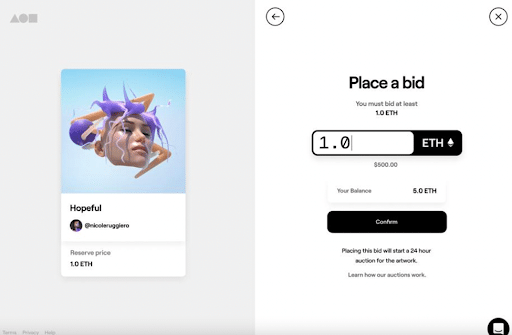
Before investing in an NFT, it is important to do some research and look into the history of the asset. This includes looking at past sales of similar assets in order to get an idea of what the market value might be. It also means researching the creator or company behind the asset to make sure that they are reputable and have a good track record.
For example, if a well-known artist backs the asset, you can look into their work and past sales to get an idea of how much people are willing to pay for similar items. This will help you gain insight into what is a reasonable price for the NFT in question.
Research Everything Before Purchasing Or Engaging
Before involving yourself with an NFT, you’ll want to ensure the URL, website, or company is legitimate. You can do this by reading reviews from other users and researching the platform to gain a better understanding of how it operates.
You should also gather as much information as possible on the asset itself, such as its history, creator, past sales, etc., in order to get an accurate picture of the investment you are about to make.
Watch The Bids
An easy way to stay informed on the NFT market is to watch the bids that are being placed on different assets. This will give you an idea of how much people are willing to pay for certain items and can help inform your own purchasing decisions when it comes time to invest in something.
Use Reputable Markets
Lastly, it is important to only purchase and engage with NFTs on reputable markets. Many of these markets have their own protocols in place to protect users from fraud, so make sure to research a platform before using it for your transactions. Here are a few of our top picks:
- OpenSea: OpenSea is one of the most popular and trusted NFT marketplaces. It offers buyers, sellers, and developers a safe place to transact with each other securely. With its user-friendly interface and security measures, it’s the perfect place to list your first NFT.
- Mintable: Mintable is another popular NFT marketplace for those looking to avoid scams. It has built-in security features to protect users, and its user interface is easy to use and navigate. If you don’t care about the extra frills and want a simple, straightforward marketplace, Mintable is the way to go.
- Rarible: Rarible offers a wide variety of NFTs, which makes it ideal for beginners who are looking to list their creations. Additionally, you won’t have to worry about purchasing a fake NFT here as they offer a robust verification process.
Conclusion
When it comes to NFTs, it’s important to be vigilant about avoiding scams. Make sure you do your research and only purchase from reputable marketplaces. Use two-factor authentication, and never share your login information with anyone. If something seems too good to be true, it probably is. Keep these tips in mind, and you should have no problem buying and selling NFTs safely.
Want to find more resources concerning NFTs? At Crypto Bookworm, we offer tons of resources dedicated to helping you stay informed about the ever-evolving cryptocurrency market. Check out our blog today, and don’t miss a beat!
